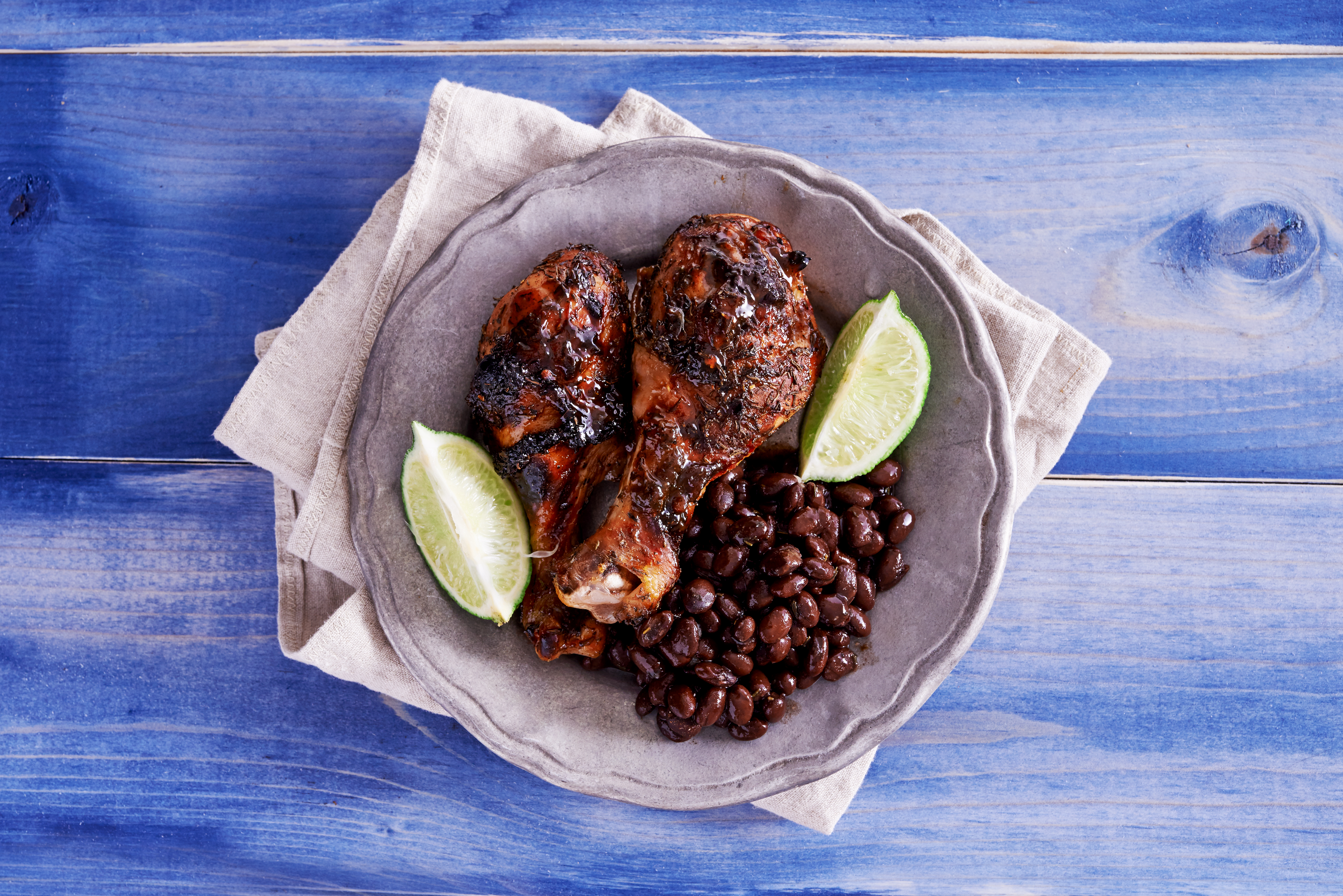They say that your parents are your first love. While that was definitely true for me, my first experience with infatuation was my relationship with my grandmother. Due to strange family dynamics that have only grown stranger, I didn’t see her much when I was younger. But when I did, I found myself enamored by her sense of style, the dramatic black-and-white movies she always watched, the coziness of her home, and the warmth I felt around her.
But most of all, I loved her cooking.
All the food my grandmother made seemed so effortless: delicious meals that seemed to appear out of thin air, yet were infused with love and history. Throughout my life, my grandmother’s food became more and more of a steady, calming presence, lending insight into who I was and what place I had in the world.
As a child, all I saw was food that tasted good. But as I grew older and studied black history in a deeper, more intentional way, I saw that the food she made told the complicated story of our family’s background – rooted in African cultural survivals in the colonized Caribbean, European/Ashkenazi influences, our immigration to the Mid-Atlantic, and our proud allegiance to black Washington D.C. culture.
Her table always had things like piles of crabs seasoned with old bay, beet salads, roast meats with fruit like figs or dates, classic European dishes alchemized into fragrant curries, braised cabbage with peppers, brown stew chicken (a classic Jamaican dish), latkes, salmon cakes, and more.
My grandmother is an incredible person, fiercely independent, achingly beautiful, and extremely intelligent. But part of her magic also lays in the fact that she can effortlessly marry cultures and tell stories about our family in one pasta dish.
The same attitude of ingenuity and wordless commitment to family that my grandmother applied to her cooking became the thing that saved us. In a time of crisis, she became the matriarch that our family needed, under circumstances that no one wanted. She finished the job of raising me and together, she helped me build a whole new family dynamic. Like her cooking, our family may seem like a jumbled mix of things that don’t belong together. But when you experience the beauty of what’s been created, you can’t help but admire it.
This Rosh Hashanah will be the first spent without my grandmother in three years. Moving to Denver – a predominantly white city far away from my friends and family – has made me miss and appreciate her, and our traditions, like never before. What had seemed like merely another Friday night dinner or Sunday brunch now seems like the epitome of love, a love that I wish I could still experience every day.
This Rosh Hashanah, I am letting myself be inspired by my grandmother’s resiliency and intentionality. In a world that is hostile to people of color, and in a city where it seems there are little to no Jews of Color, I am recreating the community I had in D.C. and intentionally creating the life that I want to live. Part of that means cooking the dishes that I grew up with, the ones that taught me who I am.
And so, while I’m going to have a traditional seder plate, I am cooking the dishes that inspired me to understand who I was in the world and my own unique heritage. One, because they’re easy and I’ve never planned a large Rosh Hashanah seder before! But also, in a place where I am far from home, I feel the need to bring a little bit of my family here.
For the new community that I’m part of, I’m going to cook plantains and collard greens, spicy soup with matzah balls, jerk chicken, and curried potatoes. They’re simple dishes that I took for granted as a child, but after experiencing them through a new perspective and building upon them with my grandmother, they mean the world to me.
In the days before the holiday, I will be calling my grandmother to get her recipes for apricot brisket and brown stew chicken, the harder dishes that it seems only she has mastered. And she’ll tell me how to make them in her special way, where measurements do not exist and most of the ingredients are optional (“If you have it, put it in there, but if you don’t, that’s also fine”). We’ll laugh and gossip until it’s time to get off the phone with our traditional and perfunctory “Love you,” a phrase that now holds a whole world of meaning between us. Almost as much meaning as one of her dishes.



